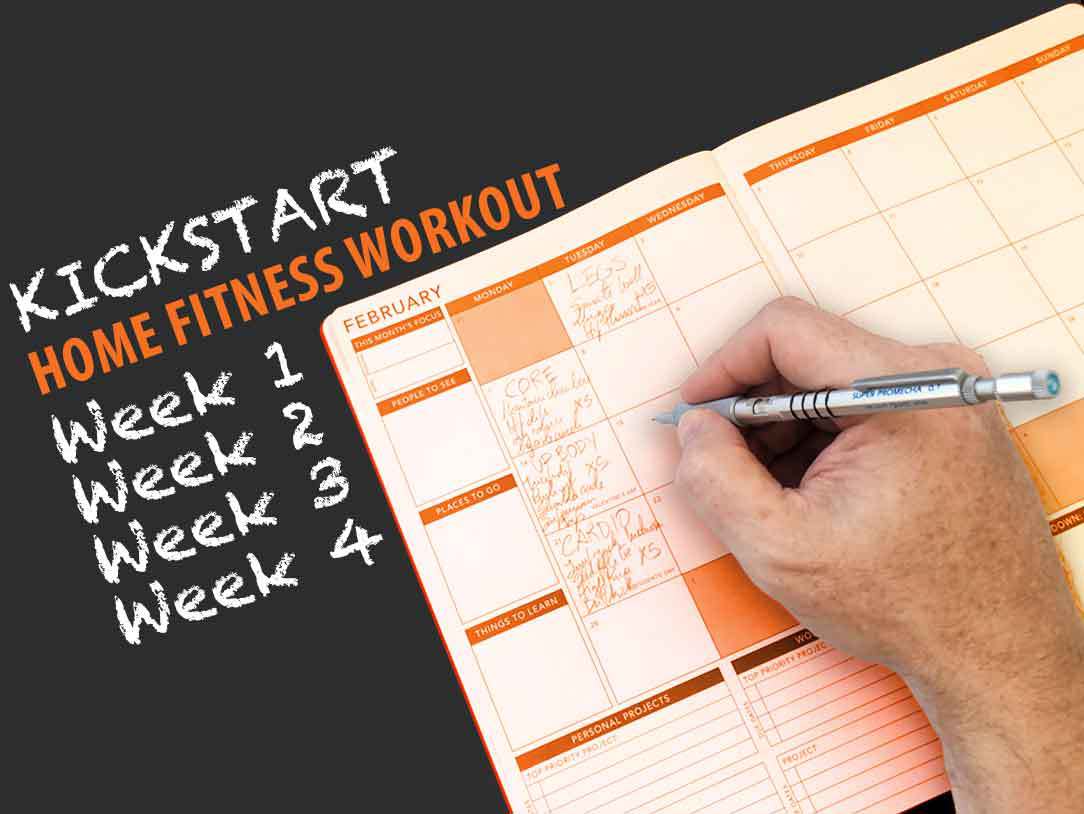
12 Tips to Improve Your Sleep
The importance of sleep
As you are here on the Evolution Equipment Fitness website, you are most probably aware of the benefits of exercise and movement to your health and well-being. There is also a good chance you are aware that eating a nutrient-dense diet is the best fuel for your body to support your exercise into improving the quality of your health. If you are focusing on these elements, despite the improvements you are experiencing, you may not be reaching your health goals and your family may be mentioning how moody and grumpy you are.
What you may not be aware of is that there are two other elements you can influence, which directly support your health. These are sleep and stress management. For you, these could be the elusive missing links to you reaching your health goals.
Together; Exercise, a Nutrient-dense diet, Sleep and Stress Management are known as the four pillars of health. Which one is the most important? That is similar to asking which leg of the chair you are sitting on is the most important. Take away any one of those legs, and the chair is likely to collapse.
Stress management and sleep are big topics. In this article, I am focussing on sleep. For my musings on stress management, see my website ActivatingWellness.com.au
What does sleep do for you?
During quality sleep, the body is very active.
- It builds muscle, repairing and reinforcing the tiny tears made during your workouts,
- It allows the brain to clear out cellular waste through the glymphatic system – a process that happens during deep sleep,
- It allows the brain to sort out which memories from the day are required for future reference, and moves them to your long-term memory,
- It manages the balance of leptin and ghrelin the hunger hormones to support a balanced appetite, and
- It allows you to rest and repair.
Poor quality sleep, and/or insufficient sleep leads to poor health. These poor health issues can include:
- A suppressed immune system
- A build-up of a beta-amyloid, which is a necessary component of Alzheimer’s
- Poor cardio/vascular health
- Decreased ability to learn and retain information
- An increased likelihood to put on weight due to disruption to the production of leptin and ghrelin (hormones).
- And many more.
Sleep is necessary for life.
Now you know some of the health issues related to sleep, here are some tips to improve your sleep.
- The sleep time requirement for most people is between seven and nine hours. Before you decide you are at the seven-hour end of the scale, give yourself the opportunity to get nine hours for a few nights to see when you wake up naturally.
- Once you know how much sleep you need, set aside sufficient time each night and aim for a regular sleep and wake-up time. Consistency is key.
- Get outside during daylight hours (especially in the morning), to set your body clock and synchronise melatonin production. (Melatonin is a hormone which rises in the evening to kick off the sleep process, and falls in the morning to allow you to be more alert.)
- Make sure your room is dark. You should not be able to see your hand in front of your face when the lights are out. To achieve this, you can invest in block-out curtains, or get a sleep mask.
- Your room should also be cool. The best temperature for sleep is 18oC
- Keep lighting low in the evenings. You can get blue-light blocking light globes and put these in your lamps, and turn off the bright overhead lights.
- Keep away from computer and phone screens for a few hours before your sleep time.
- Caffeine has a half-life of six hours, so if you want to drink full-strength coffee, make sure you have it in the morning. You can also drink decaffeinated coffee.
- Alcohol induces sedation, not sleep, so if you are wanting a drink, just be aware it will impact negatively on the quality of your sleep.
- Try not to eat for two to three hours before sleep, so when you get to bed your body is not still occupied with digestion.
- Take a warm bath two hours prior to going to bed, this helps reduce your body temperature – all part of a cool sleep.
- If you wake during the night and cannot get back to sleep:
- Get out of bed, go to another room, and read until you feel tired, then head back to bed. This trains your brain to recognise bed is for sleep, not for being awake
- Make sure to have sufficient good quality carbs (like sweet potato) in your evening meal, as you may be waking due to a drop in blood sugar.
Sleep is an important part of your health, with these tips, I hope you can improve the quality and quantity of sleep.
For more information regarding sleep, see my e-book at www.activatingwellness.com.au
Annette Ford
Annette is an Adapt Certified Functional Health coach and a professional member of Health Coached Australia and New Zealand Association. She became passionate about health and well-being during her son’s journey through Chronic Fatigue Syndrome a. She has moved from a forty-year career in Defence and now devotes her time to helping people find their best health



